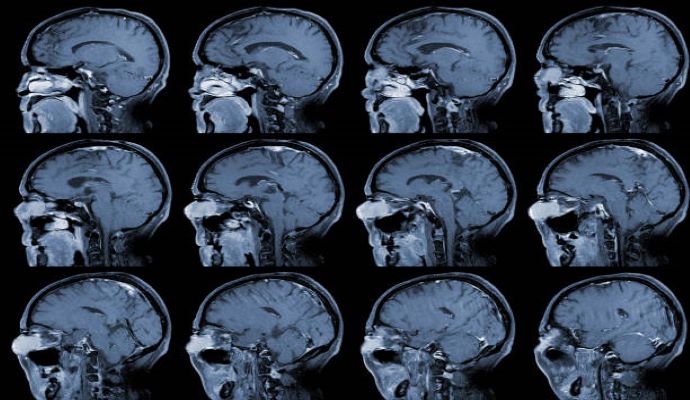Examining the Relationship Between CT Scans and Brain Cancer
A recent study published in the Lancet Oncology examined the relationship between radiation exposure from CT scans and brain cancer in children and young adults.

Source: Getty Images
- According to the National Brain Tumor Society, about 700,000 people in the United States are currently living with primary brain tumors. Each year, an additional 88,970 people will be diagnosed with a primary brain tumor. The relative survival rate of a malignant brain tumor is only 36%. As a part of the EPI-CT study — focused on analyzing cancer risk from CT scans — researchers examined the relationship between brain cancer and radiation exposure from CT scans in children and young adults.
The study looked at participants across nine European countries who had at least one brain scan before the age of 22. This data was collected from 1977 to 2014. The patients analyzed had no personal history of cancer or brain tumor at the time of the scan and remained alive and cancer free for five years following the initial CT scan.
Of the 948,174 participants in the EPI-CT study, 658,752 were eligible for this subset of the study. Roughly 56% of eligible participants were male, and the remaining 44% were female. On average, patients had a follow-up 5.6 years after CT.
Approximately 165 patients had brain cancers by the time of follow-up. Most of the brain cancers, 73%, were gliomas. After looking at incidence rates, researchers also assessed brain radiation dosage. The average cumulative brain radiation dosage, which lagged by five years, for all eligible participants in the study was 47.4 mGy. This radiation is significantly lower than the average cumulative brain radiation dosage for patients who developed brain cancer. For that subset of patients, the average was 76.0 mGy.
Researchers in the publication concluded, “The observed significant dose–response relationship between CT-related radiation exposure and brain cancer in this large, multicenter study with individual dose evaluation emphasizes careful justification of pediatric CTs and use of doses as low as reasonably possible.”
Considering this data, providers may opt for lower doses of radiation when possible. Furthermore, clinicians who have patients that have experienced high doses of radiation due to CT scans of the brain may consider monitoring their patients more closely for the development of brain cancer or brain tumors.
